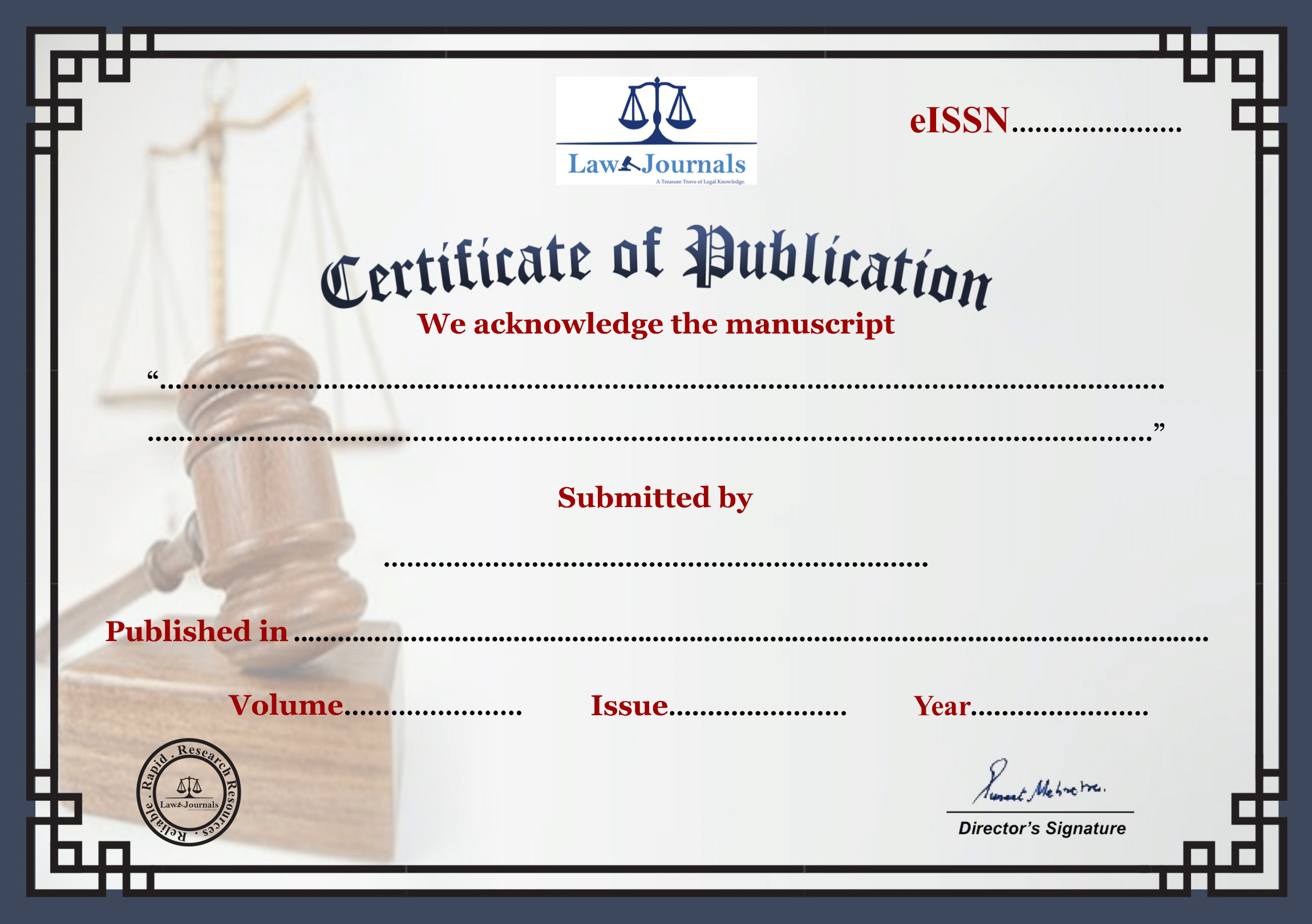GDPR Compliance: Strategies, Responsibilities, and Best Practices
GDPR Compliance outlines essential strategies, responsibilities, and best practices for organizations to adhere to the General Data Protection Regulation effectively.
Explore more Compliances Program
Enroll now for early access of e-LMS
e-LMS
Self Paced
Moderate
3 Months
Compliances
About
GDPR Compliance elaborates on critical strategies and best practices that empower organizations to fully comply with the General Data Protection Regulation, ensuring enhanced data security, meticulous adherence to privacy norms, and rigorous management of personal data in accordance with EU regulations.
Aim
The aim of GDPR Compliance is to empower organizations with comprehensive strategies and actionable insights that ensure full compliance with the General Data Protection Regulation, enhancing data security, safeguarding personal information, and maintaining adherence to stringent European Union legal standards.
Program Objectives
- Ensure Comprehensive Understanding: Equip organizations with a thorough understanding of the GDPR’s requirements and implications.
- Implement Robust Data Protection Measures: Guide organizations in establishing and maintaining strong data protection protocols to safeguard personal information.
- Promote Transparency: Encourage transparent data handling practices that foster trust between organizations and data subjects.
- Facilitate Compliance: Provide practical strategies and tools to facilitate ongoing compliance with GDPR regulations.
- Mitigate Legal Risks: Help organizations mitigate legal and financial risks associated with non-compliance.
Program Structure
Module 1: Understanding GDPR
- Section 1: Introduction to GDPR
- Overview of the General Data Protection Regulation (GDPR)
- Key Principles and Objectives of GDPR
- Section 2: Scope and Applicability
- Who is Affected by GDPR? Understanding Territorial and Material Scope
- Data Subjects’ Rights Under GDPR
Module 2: Key Components of GDPR Compliance
- Section 1: Legal Bases for Processing
- Understanding Different Legal Grounds for Data Processing
- Special Categories of Data and Consent Requirements
- Section 2: Data Protection Impact Assessment (DPIA)
- When and How to Conduct a DPIA
- Case Studies on DPIA in Various Industries
Module 3: Data Protection by Design and by Default
- Section 1: Implementing Data Protection in Early Stages
- Strategies for Integrating Data Protection from the Design Phase
- Privacy Enhancing Technologies (PETs) and Their Application
- Section 2: Maintaining Data Minimization and Purpose Limitation
- Best Practices for Data Minimization
- Challenges in Ensuring Purpose Limitation
Module 4: Data Subject Rights and Compliance
- Section 1: Facilitating Data Subject Rights
- How to Handle Requests for Access, Rectification, Erasure, and Portability
- Systems and Processes for Efficient Data Subject Request Management
- Section 2: Breach Notification and Handling
- Procedures for Detecting, Reporting, and Responding to Data Breaches
- Legal Obligations and Best Practices for Breach Notification
Module 5: Cross-Border Data Transfer and Third-Party Management
- Section 1: Transferring Data Across Borders
- Understanding the Restrictions on International Data Transfers Under GDPR
- Mechanisms and Safeguards for Lawful Data Transfers
- Section 2: Managing Third-Party Risks
- Due Diligence and Contractual Provisions for Data Processors and Sub-processors
- Case Studies on Managing Third-Party Compliance
Module 6: GDPR Governance and Continuous Compliance
- Section 1: Role of the Data Protection Officer (DPO)
- Responsibilities and Qualifications of a DPO
- Challenges and Best Practices for DPOs
- Section 2: Auditing and Monitoring Compliance
- Strategies for Regular GDPR Compliance Audits
- Developing an Ongoing Compliance and Monitoring Program
Final Assessment and Project
- Capstone Project:
- Development of a Comprehensive GDPR Compliance Program for a Multinational Company
- Final Examination:
- Comprehensive Examination on GDPR Compliance Strategies and Best Practices
Participant’s Eligibility
- Students: Undergraduate and postgraduate students enrolled in courses related to data management, cybersecurity, law, or IT.
- PhD Scholars: Researchers focusing on fields that involve substantial data handling, privacy laws, or information security.
- Academicians: Faculty members and educators who require a comprehensive understanding of GDPR to incorporate data protection principles into their curricula or research.
- Industry Professionals: Executives, managers, and technical staff in sectors such as technology, finance, healthcare, and marketing, where data privacy and compliance are crucial.
Program Outcomes
- Enhanced Knowledge of GDPR: Participants will gain an in-depth understanding of all aspects of GDPR, including its scope, key provisions, and impact on data handling practices.
- Practical Compliance Skills: Individuals will develop practical skills to implement and manage GDPR compliance measures effectively within their organizations or research
- Risk Management Abilities: Enhanced ability to identify, assess, and mitigate potential privacy and security risks associated with personal data processing.
- Legal and Ethical Awareness: Increased awareness of the legal and ethical considerations in data protection, promoting responsible and compliant data usage.
- Certification of Compliance: Participants may receive certification demonstrating their knowledge and competence in GDPR compliance, which can enhance career opportunities and professional credibility.
Fee Structure
Standard Fees: INR 4,998 USD 110
Discounted Fee: INR 2499 USD 55
Batches
Certificate


Program Assessment
Certification to this program will be based on the evaluation of following assignment (s)/ examinations:
| Exam | Weightage |
|---|---|
| Mid Term Assignments | 20 % |
| Final Online Exam | 30 % |
| Project Report Submission (Includes Mandatory Paper Publication) | 50 % |
To study the printed/online course material, submit and clear, the mid term assignments, project work/research study (in completion of project work/research study, a final report must be submitted) and the online examination, you are allotted a 1-month period. You will be awarded a certificate, only after successful completion/ and clearance of all the aforesaid assignment(s) and examinations.
Program Deliverables
- Access to e-LMS
- Real Time Project for Dissertation
- Project Guidance
- Paper Publication Opportunity
- Self Assessment
- Final Examination
- e-Certification
- e-Marksheet
Future Career Prospects
- Chief Privacy Officer (CPO): Senior executives responsible for overseeing all data privacy policies and practices within an organization.
- Regulatory Compliance Manager: Professionals who specialize in ensuring that businesses adhere to all applicable data protection and privacy regulations.
- Information Governance Lead: Experts who manage how data is processed and used within a company to ensure compliance with GDPR and other privacy laws.
- Data Governance Director: Professionals who develop and implement strategies and policies for the secure, compliant management of company data.
- Forensic Data Analyst: Specialists who investigate data breaches and analyze data-related incidents to ensure compliance and mitigate future risks.
- Legal Counsel specializing in Technology and Privacy Law: Lawyers with expertise in advising companies on compliance with data protection laws and representing them in related legal proceedings.
- Privacy Technology Developer: Developers who create technological solutions that help businesses comply with GDPR and enhance their data protection measures.
Job Opportunities
- Data Protection Officer (DPO): Organizations that process significant amounts of personal data often require DPOs to oversee compliance with GDPR requirements.
- Compliance Analyst: Specialists who assess and ensure alignment with GDPR and other regulatory frameworks within businesses.
- Privacy Consultant: Advisors who help companies develop privacy strategies, conduct impact assessments, and implement compliant data handling practices.
- IT Security Specialist: Professionals who integrate GDPR compliance into information security measures and data protection technologies.
- Legal Advisor specializing in Data Protection: Lawyers or legal experts who provide guidance on data protection laws, GDPR compliance, and related legal matters.
- Risk Manager: Individuals focused on identifying and mitigating risks associated with data handling and compliance in various industries.
- Corporate Trainer in Data Compliance: Educators who train company staff on data protection laws and GDPR best practices.
Enter the Hall of Fame!
Take your research to the next level!
Achieve excellence and solidify your reputation among the elite!
